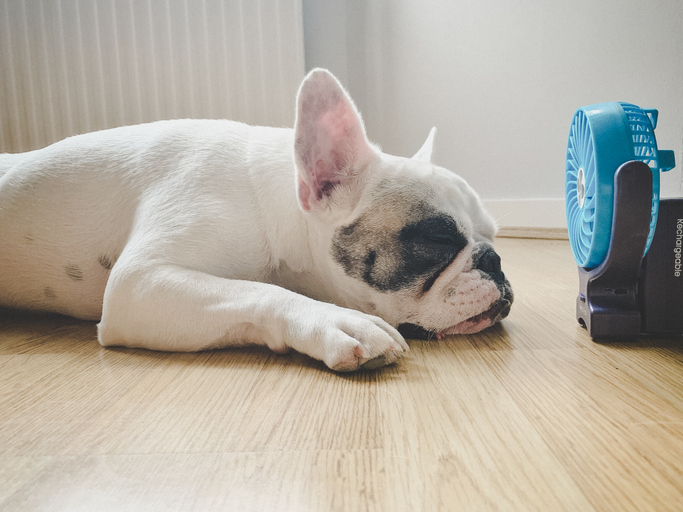As the summer sun heats things up across the Canberra region, pet owners are being reminded to ensure the whole family remains cool in the hotter months. Smaller and more susceptible to the impacts of hot cars, scorching footpaths and unrelenting rays, our smallest family members need to be included in plans to stay cool.
“Warm weather can be dangerous for pets, but the risks are very easy to avoid,” says Michelle Robertson, CEO of RSPCA ACT.
From walks to road trips or days at home, there are simple steps we can take to keep our furry, feathered and scaley friends safe this summer.
Ms Robertson and the team at the RSPCA share their top 10 tips for summer safety.
Do checks before walks
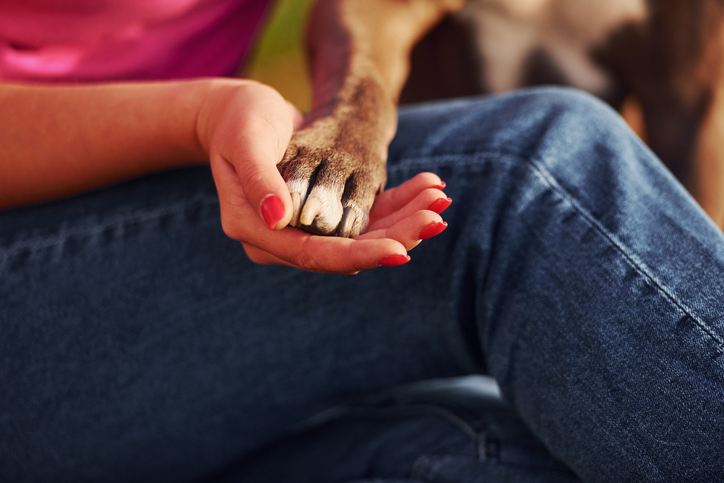
All dogs love a walk, however, when the weather is hot, they are at risk of scalding their paws on hot concrete, ute trays – even the timber on your veranda. Place the back of your hand on the surface you intend to walk on; if it is too hot for your hand, it’s too hot for your pet’s paws.
“Burns can become infected, and your animal will be in pain. Take water on walks, for you and for your pet, and avoid walking in the heat of the day. Rather, walk in early morning or late in the evening,” says Ms Robertson.
Don’t leave pets in the car
It only takes six minutes for pets to be affected by being stuck in a hot car, resulting in heatstroke, dehydration or death. Planning and thinking ahead can prevent any unfortunate situations: plan rest stops, do shopping when you don’t have your pet in the car, and take them with you if you need to exit the vehicle.
Avoiding heatstroke
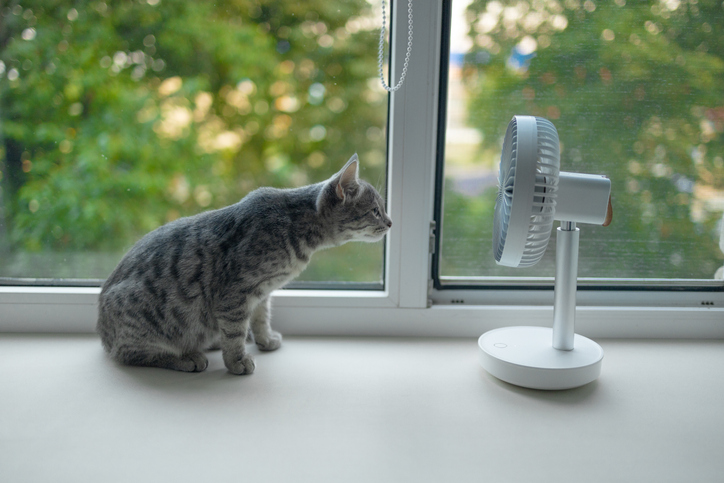
The impacts of heatstroke on our pets are awful, and no owner would want to see their family pet suffer like that. When heading out, pack a water supply specifically for your pet (your leftovers aren’t enough), ensure there is shade, and use your best judgment.
“If it’s a scorching hot day, bring your pets inside and ensure proper ventilation, especially for brachy breeds, geriatric, or pets with existing medical conditions.”
Fun in the sun
A bored animal on a hot day gets stressed quickly, and sunbathing in the backyard isn’t going to cut it. The RSPCA ACT team suggests keeping enrichment activities cool and engaging – try freezing some treats, placing ice cubes in water bowls and hiding food in cool rooms throughout the house to keep minds active.
Holidaying with the whole family
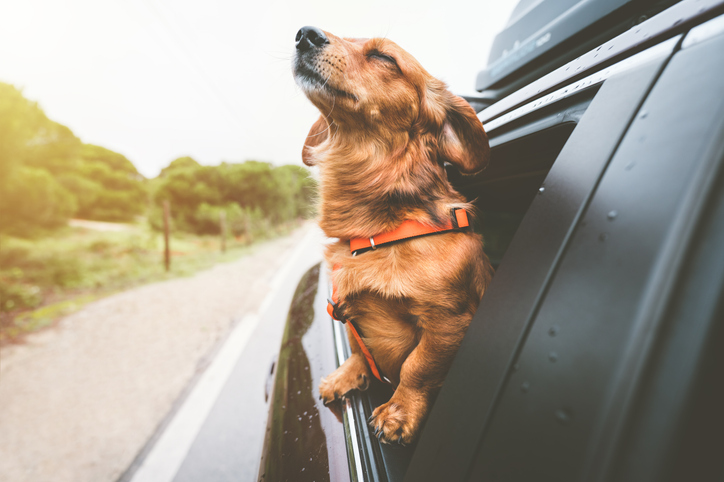
Preparation is key when heading away. Ensure you pack all your pet’s bowls, bedding, toys and food. While on the road make sure there is food and water available, air flow in the vehicle and they aren’t in direct sunlight for prolonged periods.
Leaving the pets behind
When you can’t take your pets with you, make sure someone is either staying with them or coming by to feed them. Your pet should know this person and they will ensure your pet has access to shade and proper ventilation. Anyone feeding your pets needs to come twice a day and spend some time with them.
Big bangs
Pets can easily be frightened by loud sounds like storms and sirens, and as we head into fireworks season (especially New Year’s Eve), our pets need to know they are safe. Try exercising and wearing out your pet in the afternoon of scheduled fireworks. Speak to a vet about medication if you know your pet is scared of fireworks.
Never tether or lock your pets in a room if you’re planning on heading out on NYE as pets can get injured trying to escape.
“Otherwise, stay with your animal, play with them, even play some music to distract them from the noise,” Ms Robertson says.
Fire season
Summer in Australia means bushfire season. Having a fire plan is crucial and if you have pets, it needs to include them. Have an evacuation plan in place and practise it now – don’t wait for an emergency to think about your plan. If you need help visit the RSPCA ACT website for tips.
Tick prevention
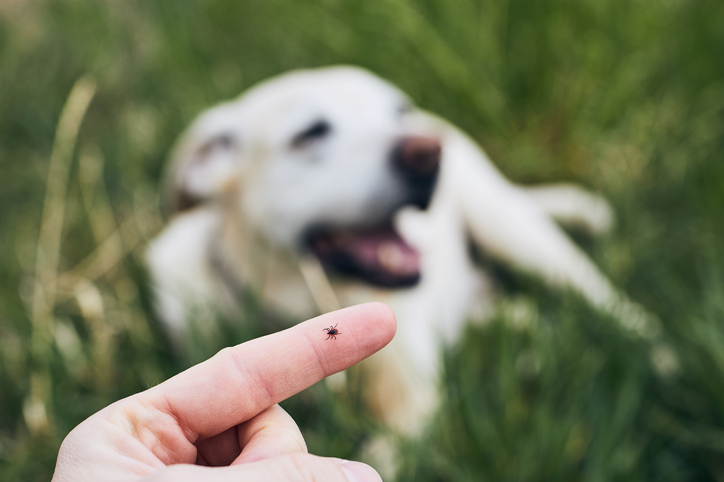
Tick prevention medication is proven to work; pet owners just need to use it and keep up to date on dosages. If you’re in a high-tick area, check for ticks (small lumps) daily and be sure to check ‘hidden’ spots like under the collar, between toes, paws, gumline and inside ears.
Knowing the symptoms can mean the best outcome for your pet, the most common symptom being paralysis of the hind legs. Others include unsteady and staggered walk, dry cough or a change in the pet’s bark or meow.
“If you see any of these symptoms, contact your vet and search your pet for ticks. If you find a tick on your pet, it is best to remove it as quickly as possible,” says Ms Robertson.
Snake safety
Hot weather is prime time for snakes to be out and about. Avoidance is the best prevention for any bites. Clean up your yard to eliminate any wood piles or cosy snake hidey holes. When walking your pet, keep dogs on a lead and avoid long grass.
“If you suspect a snake has bitten your pet, you must act quickly. Apply a pressure bandage to the bite if visible. Get to a vet immediately,” says Ms Robertson.
RSPCA ACT is on the lookout for foster carers and volunteers over summer. To find out how you can help, head to rspca-act.org.au
Canberra Daily is keen to hear from you about a story idea in the Canberra and surrounding region. Click here to submit a news tip.

